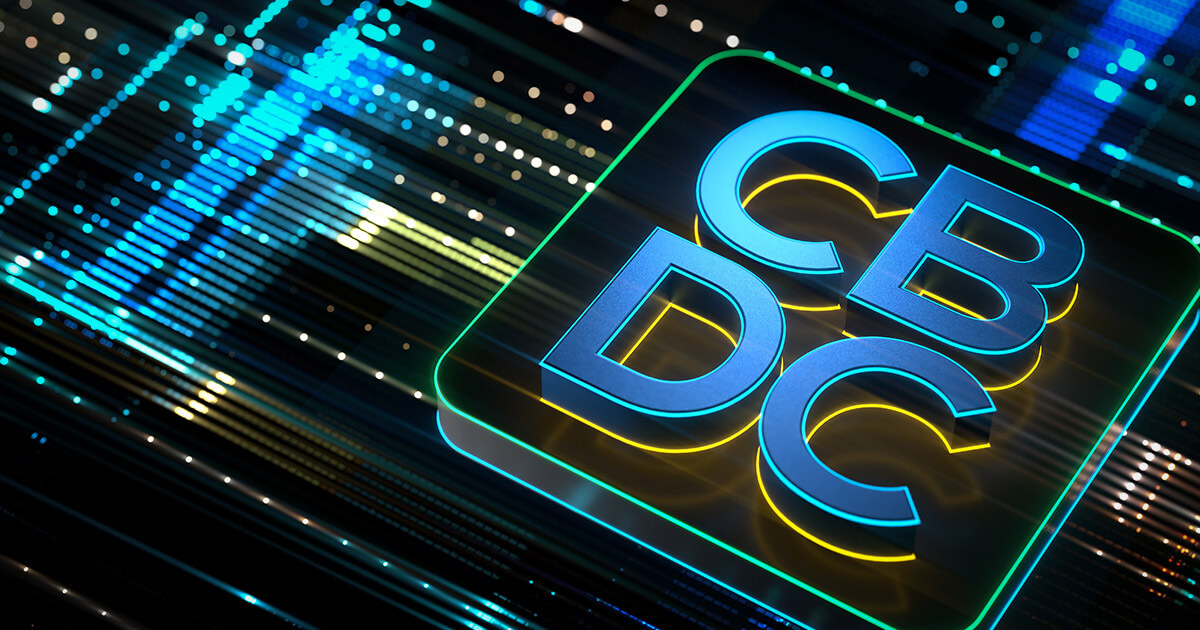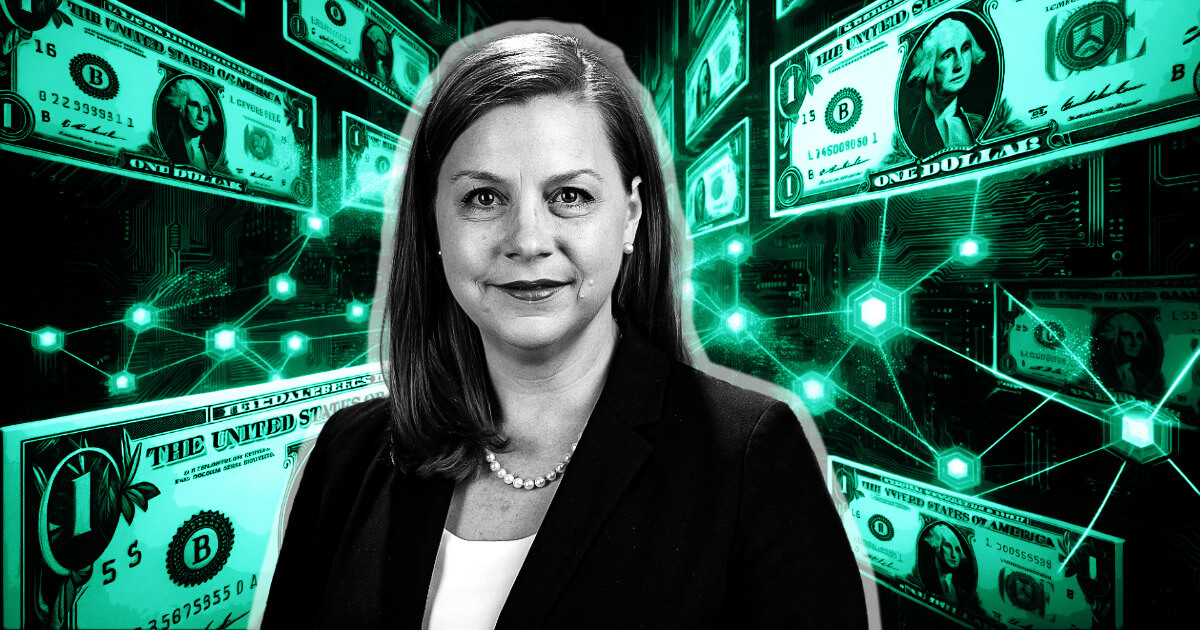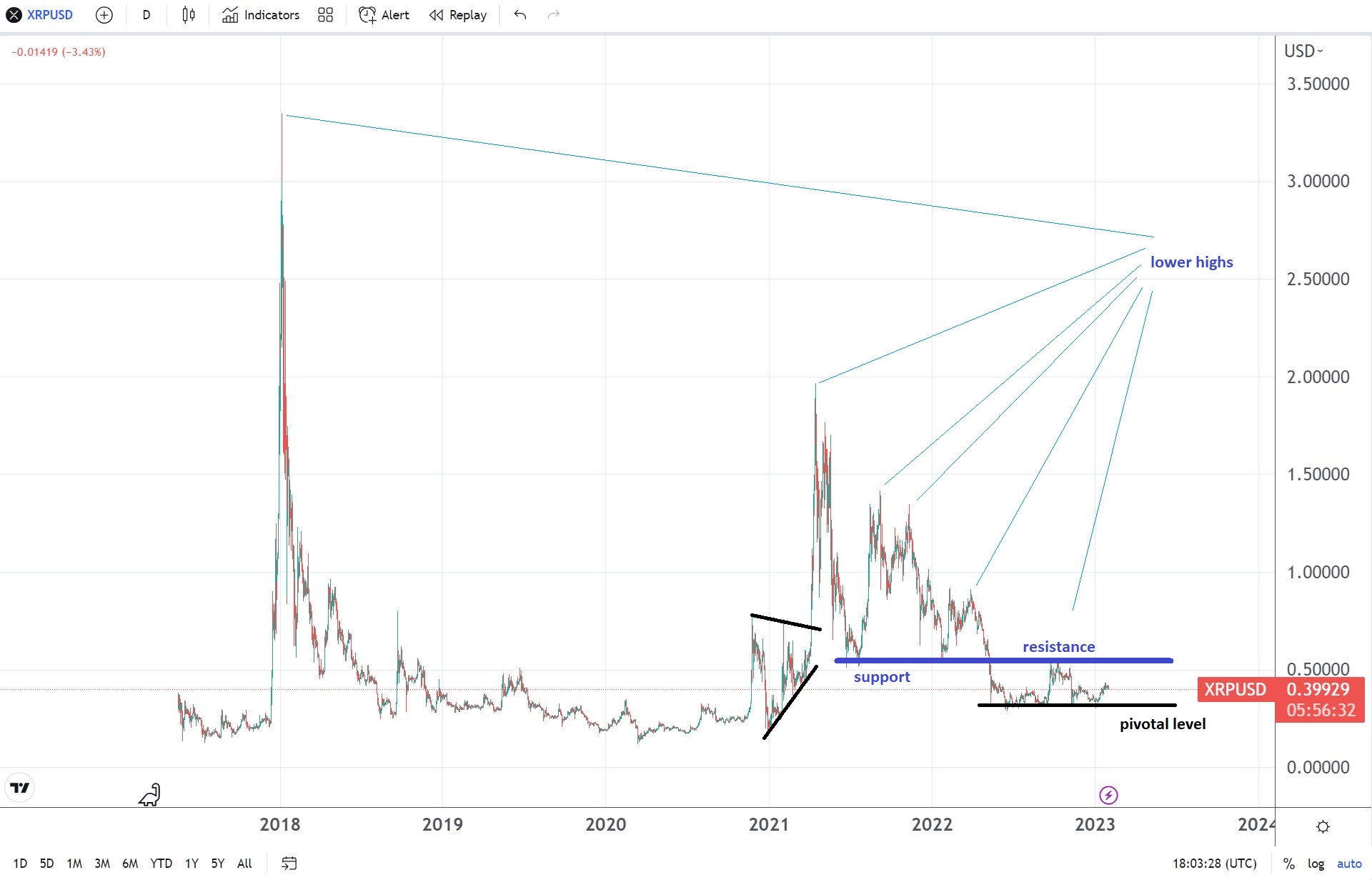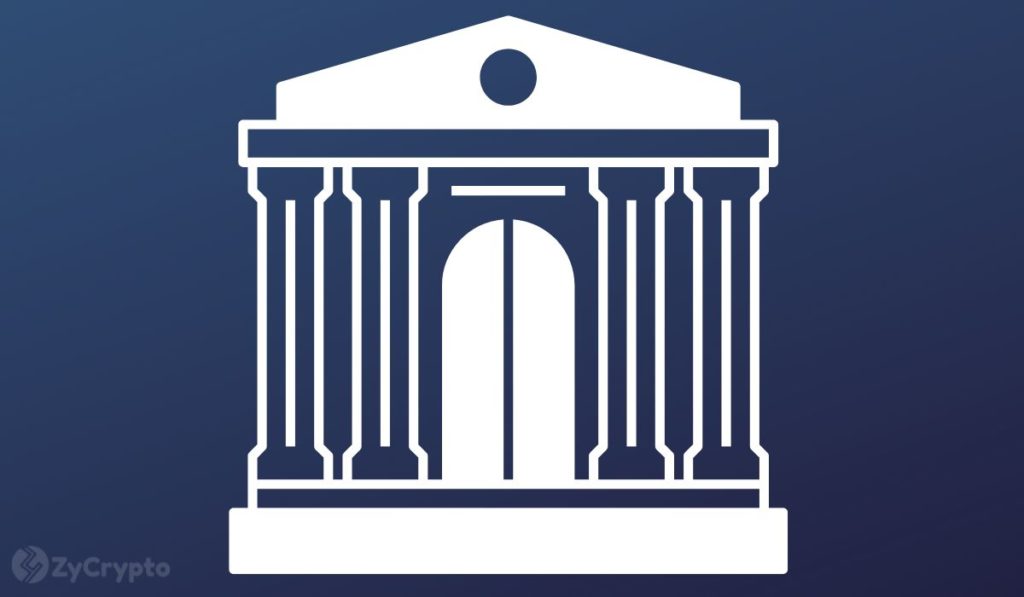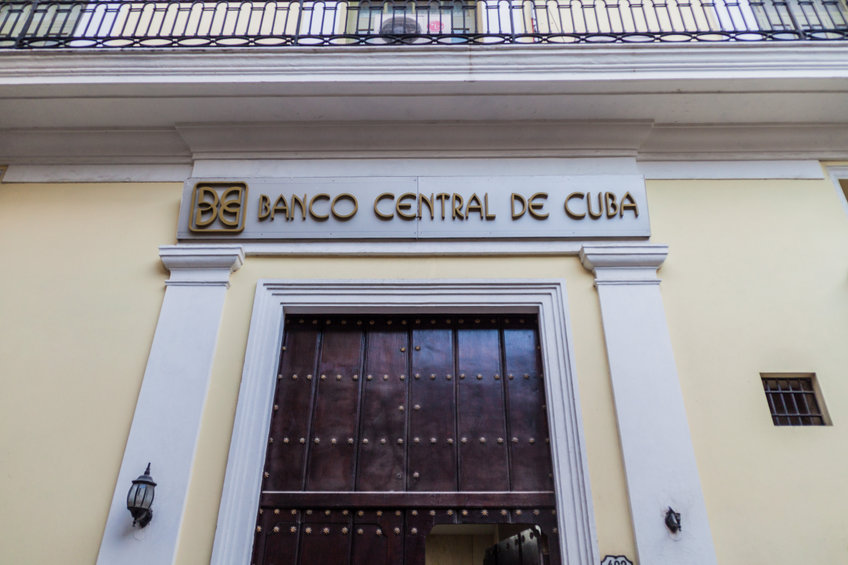
2020-7-29 20:42 |
The Central Bank of the Philippines is the latest on the list of countries to exclusively express their interest in developing a central bank digital currency.
Benjamin Diokno, the Governor of Philippines’ central bank announced the news today, during the launch of NGC (New Generation Currency) banknotes in a virtual conference. He said that the Bank has set up a committee to explore the feasibility of policy ramifications of issuing a digital currency in the country.
“We just recently formed a technical working group to study the feasibility and policy implications of issuing a central bank digital currency or CBCD. We have to first look into the findings of the group before making any decisions in this regard. I expect the EWG to submit their report next month.”
The Governor further stated that the issuance of digital currencies in the country is highly unlikely to change the demand for physical currencies, because the Philippines is more interested in the underlying crypto infrastructure of blockchain technology.
“Blockchain continues to elicit interest around revolutionizing the delivery of financial services by providing an efficient, secure and robust means of payment.”
Philippine’s Pro Crypto StatusIn his speech, the Governor also highlighted the importance of digital payment especially in regard to Coronavirus mitigation efforts.
During the first half of 2020, the two largest digital payments networks in the Philippines PESONet and InstaPay recorded a 70% rise in the volume of digital payments. The governor stated that the country is looking to achieve half of the transactions in value and volume over digital networks by the latest 2033.
As early as February 2017, the Central Bank Bangko Sentral ng Pilipinas (BSP) established a crypto trading regulatory framework, which requires crypto exchanges to register as remittance and transfer companies. To date, the central bank has registered a total of 16 cryptocurrency exchanges in the country.
Additionally, the Philippines delegated a special area zone, the Cagayan Economic Zone Authority,(CEZA) which was designed to become the crypto valley of Asia. Through CEZA, the Philippines allows foreign investors to come and invest in cryptocurrencies.
CEZA also established the Digital Financial Asset Token Offering (DATO) regulation which protects investors by regulating both securities and token crypto assets.
Besides having a bitcoin ATM, UnionBank one of the largest banks in the country, also launched bonds.ph, an app Last week. The app uses blockchain technology to enable customers to buy retail treasury bonds (RTBs), issued by the Philippines Bureau of the Treasury (BTr).
Central Banks and CBDCsIn 2020 more central banks have shown interest to explore digital currencies, especially with globally rising inflation. Singapore recently stated that the country’s Central Bank should issue a digital currency.
Japan in collaboration with the European Central Bank is working on a related project dubbed project Stella, to develop a range of digital assets, including stablecoins.
In China, the world is anticipating to see how the second largest world economy will handle its digital Yuan, which is so far the closest to issuance.
origin »Bitcoin price in Telegram @btc_price_every_hour
Time New Bank (TNB) на Currencies.ru
|
|
